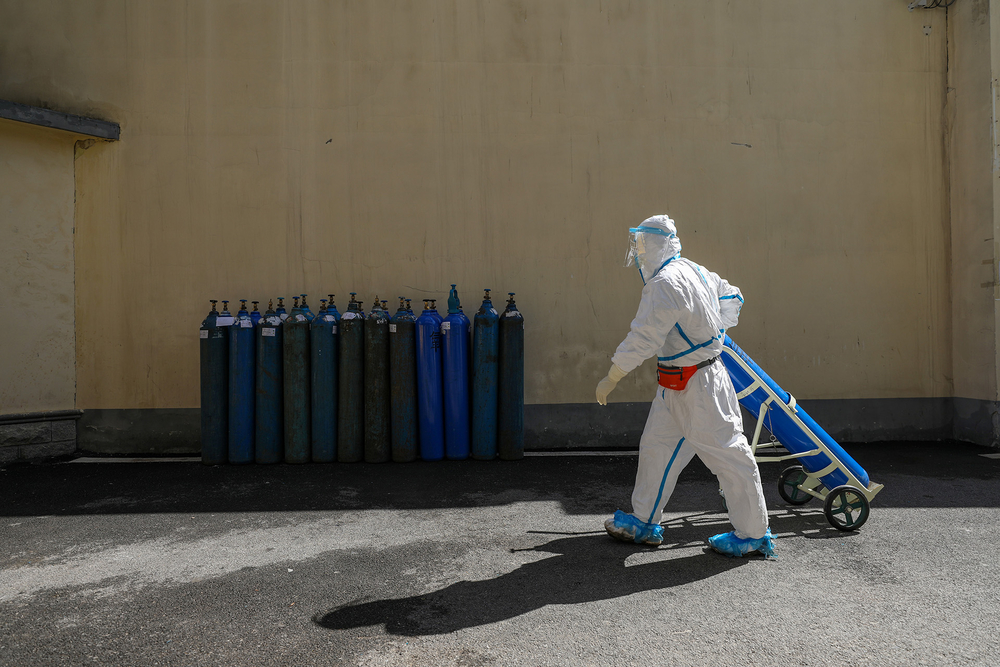COVID-19 disruptions could increase infectious diseases deaths
A new research has drawn attention to the knock-on effect that COVID-19 may have on the proliferation of other infectious diseases thereby increasing infectious diseases deaths. The study suggested that disruptions to health services caused by COVID-19 could lead to an increase in HIV, tuberculosis and malaria deaths. It also revealed that experts around the […]

A new research has drawn attention to the knock-on effect that COVID-19 may have on the proliferation of other infectious diseases thereby increasing infectious diseases deaths.
The study suggested that disruptions to health services caused by COVID-19 could lead to an increase in HIV, tuberculosis and malaria deaths.
It also revealed that experts around the world expect the COVID-19 pandemic to have a significant impact on society. This includes not only the illness and deaths caused by the disease itself but also the economic consequences of global lockdowns and disruptions to essential services.
It also indicated that the pandemic’s knock-on effects are likely to be most severe in low and middle-income countries, where health systems are less robust and economic reserves are more limited.
A particular concern is the impact of the pandemic on countries with high burdens of infectious diseases, such as HIV and tuberculosis (TB), which depend on regular, large-scale programmes of control and treatment.
The study, published in Lancet Global Health, modeled the impact of disruptions caused by COVID-19, such as increased demand on healthcare systems and reductions to disease control programmes, in low- and middle-income countries.
It estimated that deaths due to HIV, TB, and malaria could increase over the next five years as a result of COVID-19 and could, in the worst-case scenario, occur on a similar scale to the direct impact of the pandemic.
The researchers based the study on a model that assumes a reproduction number of 3 for SARS-CoV-2, the virus that causes COVID-19.
The reproduction number, or R0, indicates the average number of new people who will contract the virus from one person who has it.
The researchers then used models of transmission for HIV, TB, and malaria to estimate the impact of the COVID-19 policy scenarios on these diseases.
Potential impacts included COVID-19 interventions limiting routine programme activities, and COVID-19 cases overwhelming the health system.
